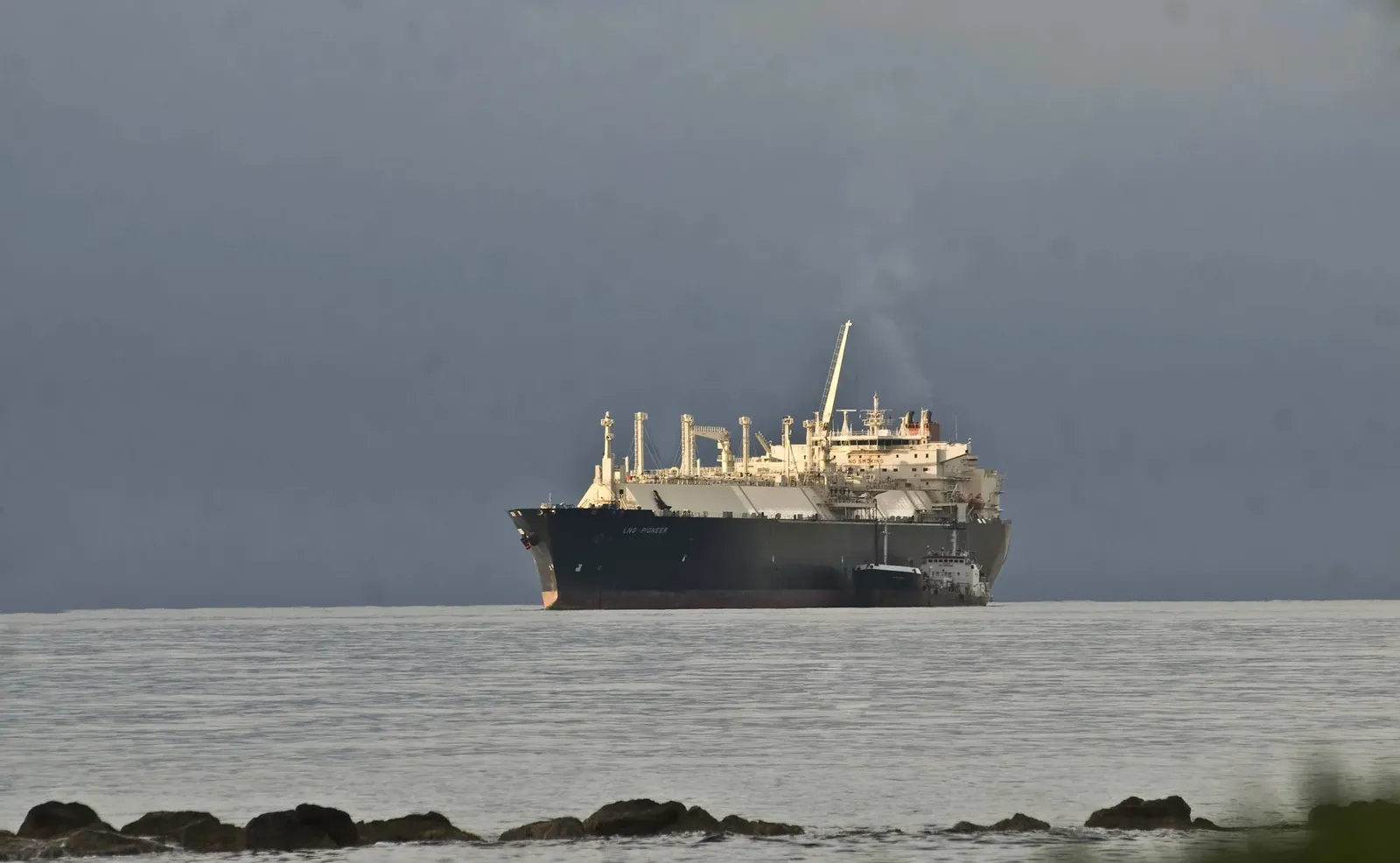Shipping companies around the world are moving to introduce eco-friendly ships, but the proportion of eco-friendly ships among the total fleet remains in single digits. There are concerns that as ‘carbon neutrality’ formally begins in 2050, a shortage of alternative fuel supplies could become a serious issue.
According to the Korean Shipowners’ Association on the 29th, the proportion of eco-friendly ships among the total fleet of 97.5 million deadweight tonnage (DWT) currently operated by Korean shipping companies is only 5.9%. Based on national ships, there is currently a demand for 584 eco-friendly ships, and the demand for ship financing is estimated to reach about 47 trillion won to 50 trillion won, the association predicted.
The global situation is not much different. According to the shipbuilding and shipping analysis firm Clarkson Research, only 7.7% of ships currently operating worldwide (with a total tonnage of 1.67 billion tons) use alternative fuels as of 2023.
Park Jeong-seok, president of the Korean Shipowners’ Association, said at the ‘Our Ocean Conference (OOC) Shipping and Shipbuilding Business Summit’ held on the 29th, ‘While the transition to eco-friendly ships is taking place centered on Korea or large shipping companies, many shipping companies are taking a cautious stance on introducing eco-friendly ships due to high ship construction expenses and the uncertainty of alternative fuels.’
Park noted that despite the global movement towards carbon neutrality, the supply of alternative fuels is insufficient. He analyzed, ‘The key to achieving carbon neutrality is “alternative fuel,” but it appears that the fuel that can be supplied to the shipping industry is seriously lacking.’
According to last year’s forecast by the Norwegian Maritime Authority (DNV), the demand for alternative fuels in the shipping industry is expected to be 7 to 48 million tons of oil equivalent (Mtoe) by 2030. However, the supply of alternative fuels across all industrial sectors is expected to be only 44 to 63 Mtoe by 2030, suggesting that the shipping industry may face challenges in securing stable fuel supplies.
Park emphasized, ‘The uncertainty regarding the price and supply of alternative fuels is not easily resolved,’ and added, ‘The international community must work together to establish stable supply measures for future eco-friendly fuels to prevent delays in the transition of shipping companies to eco-friendly alternatives.’
Source: CHOSUNBIZ






